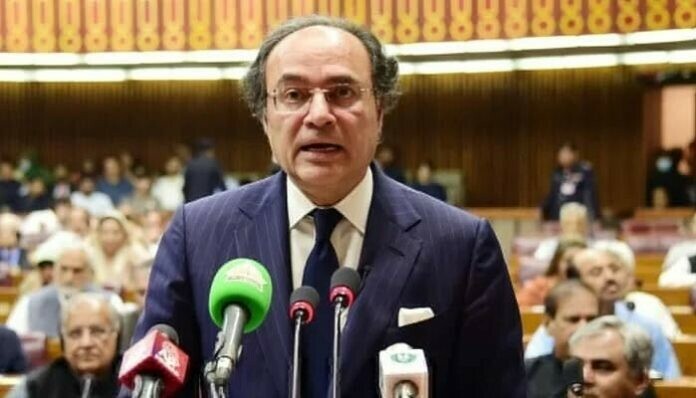Finance Minister Muhammad Aurangzeb has cautioned that Pakistan could slip back onto the Financial Action Task Force (FATF) grey list if unregulated digital transactions continue unchecked.
The warning comes as the government prepares to hold the first meeting of the Pakistan Virtual Assets Regulatory Authority (PVARA) on Monday. The newly created federal body, set up through a Virtual Assets Ordinance, has been tasked with supervising entities dealing in cryptocurrencies and digital assets.
Aurangzeb disclosed that nearly 25 million Pakistanis — about 10 to 15 percent of the population, mostly youth — are engaged in digital businesses. He stressed that this activity cannot remain outside the regulatory net, particularly given Pakistan’s difficult six-year effort to exit the FATF watchlist. “If activity of this scale continues unregulated, it is not a matter of if, but when we get into trouble as a sovereign again,” he said at a workshop on blockchain and digital assets.
The minister said amendments to formally recognize digital currencies remain pending before the federal cabinet. Prime Minister Shehbaz Sharif has constituted a committee to review these proposals, including one allowing dual nationals to serve as deputy governors of the central bank. Meanwhile, parliamentary standing committees will begin debating the ordinance next week to give permanent legal cover to PVARA.
Under the ordinance, PVARA has been granted wide-ranging powers to license, regulate and supervise companies offering virtual asset services. A structured licensing regime will cover incorporation, compliance frameworks, operational capacity and reporting obligations. The law also provides for a regulatory sandbox to test new technologies and business models under official oversight.
Currently, the authority is based on ad hoc legislation valid for four months, extendable by another four, after which both houses of Parliament must pass the PVARA Act to make it permanent.
Aurangzeb emphasized that Pakistan must keep pace with global progress in blockchain, artificial intelligence (AI), cryptocurrency and Web 3.0 to strengthen its digital economy. “Technology is all about being faster, cheaper and better. If blockchain, AI, crypto and Web 3.0 can deliver that for Pakistan, that is what we are collectively shooting for,” he noted, adding that the Finance Ministry stands ready to support the transition.
The minister also underlined the importance of greater transparency in digital transactions, saying the government would balance offensive, economic and defensive regulatory considerations while shaping policy.




